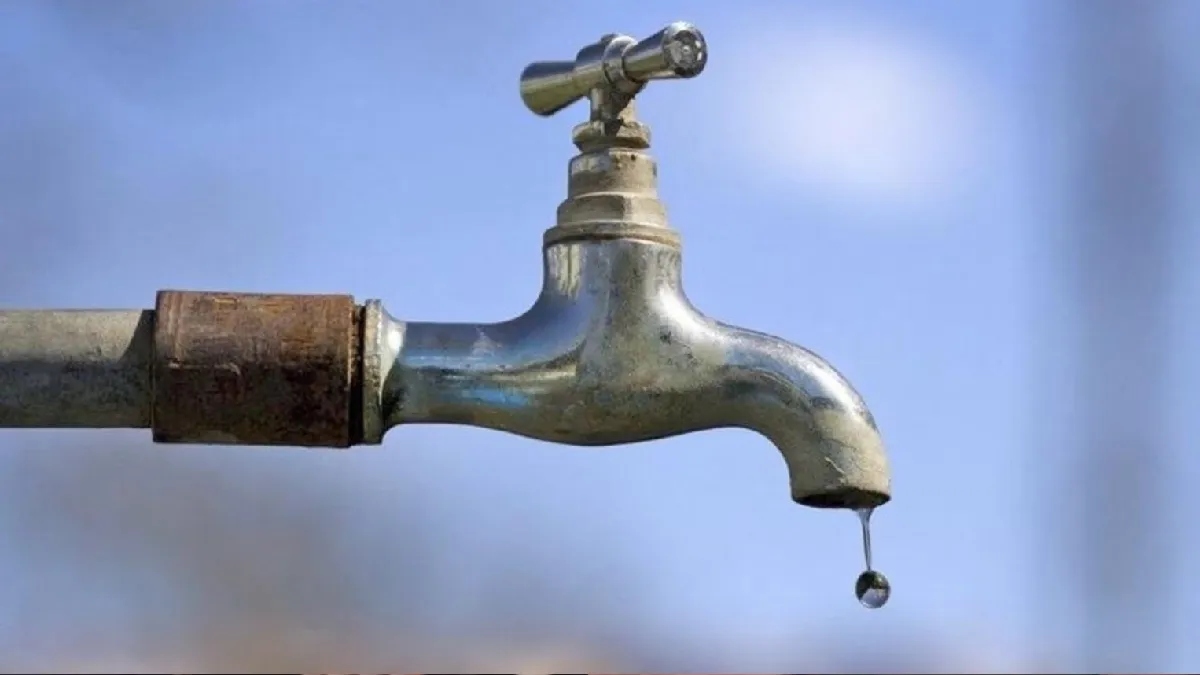CIDCO’s announcement of an uninterrupted 48‑hour water shutdown across Navi Mumbai nodes—including Dronagiri, Ulwe, Kharghar and Taloja—has turned a routine pipeline repair into a flashpoint for civic discontent. Commencing July 9 and stretching into July 10, the suspension, conducted to address urgent Hetwane pipeline work near Kharpada Bridge, has reignited long‑standing grievances over water inequity in these rapidly expanding suburbs.
According to CIDCO, supply is expected to resume on July 11, but at reduced pressure and in limited quantity. Residents have been especially vocal in Kharghar—where water access is reportedly limited to a few intermittent supply cycles per day across twelve villages. One local quoted, “This is not a one‑off inconvenience… we go days without water.” Another questioned, “If there is a real shortage, why are private water tankers operating smoothly?” Public frustration is visible online: hashtags such as #KhargharchaPaniPrashnaAdhiveshnathManda and #LakVaitagliAhet have gained traction, calling for legislative debate and sustainable water policy interventions. Civic activists stress that emergency shutdowns expose deeper supply failures that must be addressed beyond short-term fixes
While CIDCO has urged residents to conserve water, local housing societies report financial burdens in securing private tankers. One Ulwe community noted three days of zero supply and mounting costs just to meet basic needs—a burden without policy reprieve. Experts in urban infrastructure emphasise the risk of normalising such disruptions. Navi Mumbai’s nodes are among the fastest-growing suburban areas, yet water infrastructure upgrades have lagged behind development. While CIDCO claims it is enhancing capacity via pipeline expansions and repair of break pressure tanks, residents remain skeptical—demanding transparency about supply quotas and equitable distribution.
With projected infrastructure milestones lagging until 2028, civic groups call for immediate action: rigorous audit of private tanker operations, clarity on rights for tarried water consumers, and long-term investment in sustainable water infrastructure. The current incident illustrates that emergency maintenance may be necessary—but without systemic clarity and equitable planning, such interruptions only expose the underlying water governance deficit.
Also Read : Hyderabad Expects Cloudy Skies And Intermittent Rain Throughout The Week



